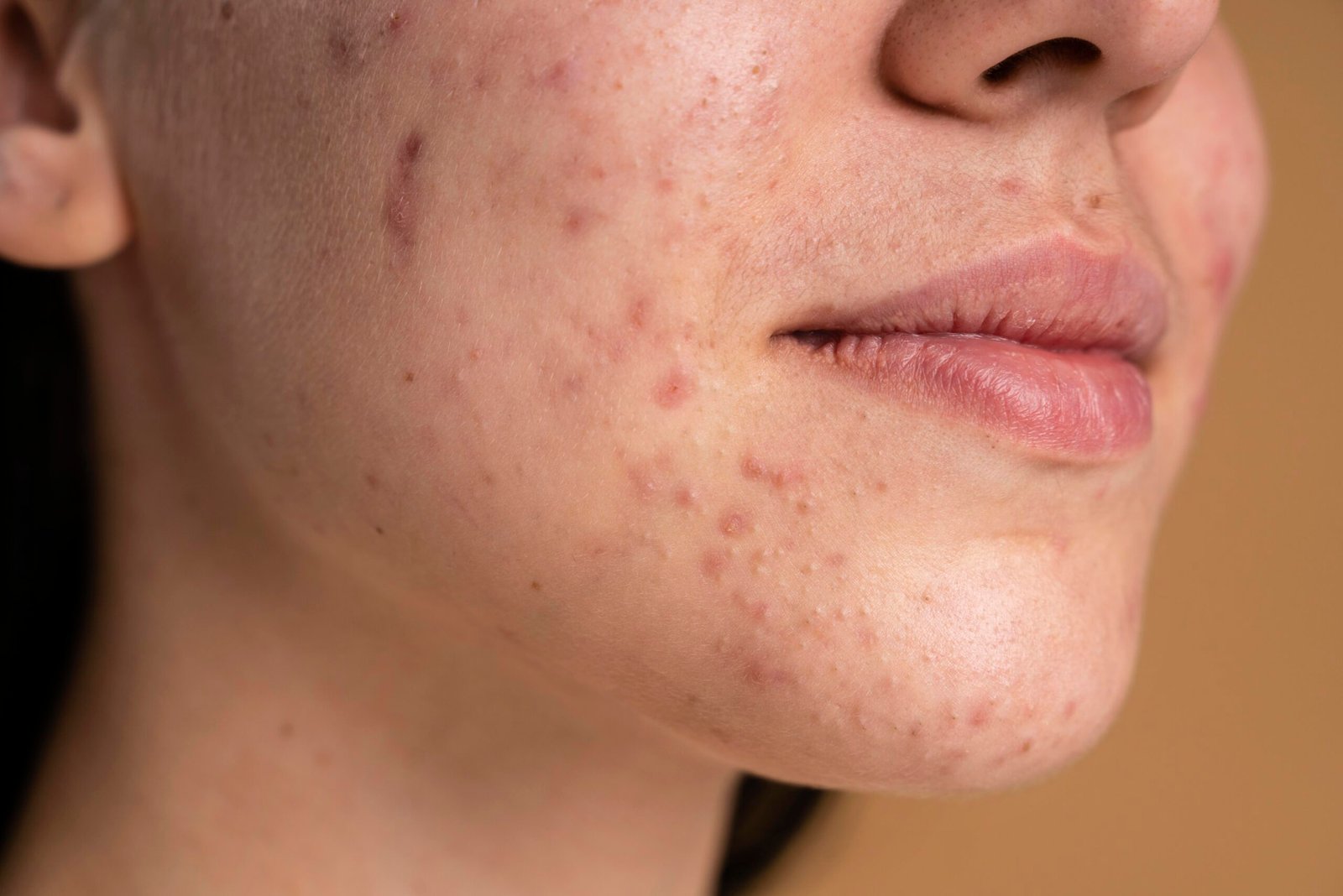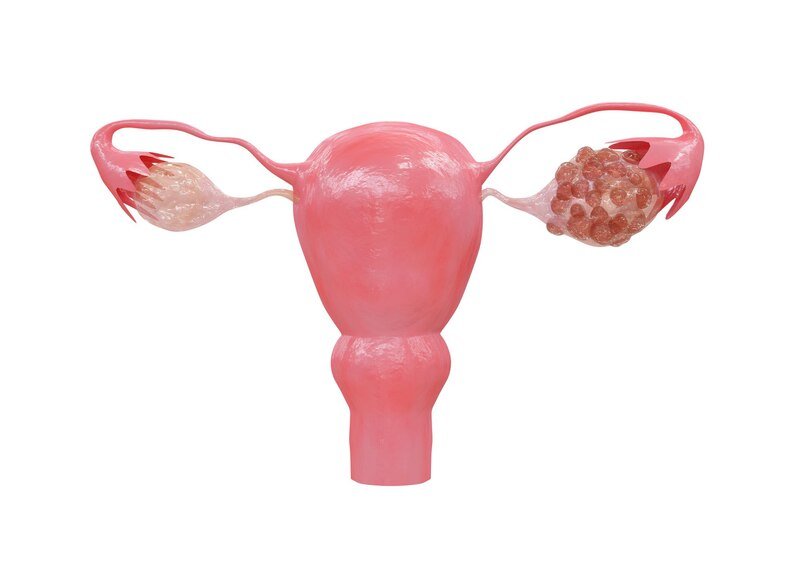EMBRACING PCOS: A JOURNEY TO EMPOWERMENT AND WELLNESS
Are you having irregular periods? Excessive hair growth on unwanted areas? Skin and face break outs? Mood swings? And some late-night food cravings? It would be best to get checked out by an OB-GYNE doctor as soon as possible, you might have PCOS.
What is PCOS?
According to Healthy Pilipinas, PCOS is the most common hormonal disorder in women of childbearing age worldwide. Depending on the diagnostic criteria, it affects anywhere from 5% to 15% of Filipina women. The exact cause of PCOS is unknown. If you have PCOS, you may not have periods very often. Or you may have periods that last many days. You may also have high testosterone levels in your body.
How Do I Know If I have PCOS?
It is likely that you have PCOS if you have at least two of these:
1. Irregular menstrual cycle
You may have regular periods every 28 days (about 4 weeks) or have periods every 30 to 40 days (about 1 and a half months), or don’t have periods at all.
2. High testosterone levels
You may identify high testosterone levels as having abnormal hair growth, acne, male pattern baldness, and virilization (assigned females develop traits associated with assigned males).
3. Polycystic ovaries
Your ovaries might be bigger. Many small, fluid-filled sacs grow inside the ovaries. The word “polycystic” means “many cysts.” These sacs are follicles, each one containing an immature egg. The eggs never mature enough to trigger ovulation. Because of this, your ovaries might not work the way that they should.
How Do I Manage my Signs and Symptoms?
Consult an OB-GYNE doctor. Start by consulting an OB-GYNE doctor (or a PCOS specialist). They can diagnose your condition, evaluate your symptoms, and create a treatment plan tailored to your needs.
Do Lifestyle Modifications. Lose some weight, exercise regularly, and make it a habit to get enough sleep every night as poor sleep hygiene can affect your hormone regulation.
Change your Diet. Focus on a balanced diet. Avoid refined carbohydrates, added sugars, and saturated fats. Also, be mindful of your portion sizes to avoid overeating.
Taking Omega-3 Fish Oil Supplements. Omega-3 fatty acids, particularly EPA and DHA found in fish oil, have anti-inflammatory properties. By reducing inflammation, fish oil may help improve insulin sensitivity and reduce the severity of PCOS symptoms. However, it’s important to note that while fish oil can be a helpful dietary supplement, it should not replace the primary treatments recommended by your healthcare provider.
In addition, PCOS doesn’t merely affect your reproductive system. In fact, it raises a woman’s chance of life-threatening conditions. For example, PCOS causes metabolic syndrome (problems with the breakdown and synthesis of compounds in the body), and Type II Diabetes. In addition, PCOS can also lead to endometrial hyperplasia in some women, which thickens the uterine lining and eventually develops into endometrial cancer. Lastly, women with PCOS may experience depression and sleep issues like sleep apnea.
So, get checked now! Contact your nearest OB-GYNE doctor and set up an appointment to assess your signs and symptoms. Do your body a favor by being mindful of your eating and everyday habits. It also pays to be ready at home with omega-3 fish oil supplements like Cardiclear to help with your PCOS symptoms.



